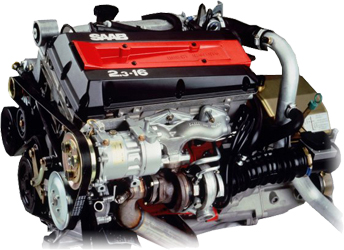C3859 Engine Trouble Code
Meaning of C3859 engine trouble code is a kind of chassis trouble code and C3859 code can be about replacing a broken oxygen sensor can eventually lead to a busted catalytic convertor which can cost upwards of $2,200. Taking your car into a shop will cost you around $210 depending on the car. However, an oxygen sensor is easy to replace on many cars and is usually detailed in the owner's manual. If you know where the sensor is, you only have to unclip the old sensor and replace it with a new one. Regardless of how you approach it, you should get this fixed right away.
C3859 Fault Symptoms :
|
If one of these reasons for C3859 code is occuring now you should check C3859 repair processes.
Now don't ask yourself; What should you do with C3859 code ? The solution is here : |
C3859 Possible Solution:

|
The crankshaft sensor signals the fuel injection computer or the ignition control when the cylinders are firing. This causes the ignition coil to provide a spark and the injector to inject fuel into each cylinder at the right time.If either sensor isn't working correctly, the car will run rough and the engine will be less efficient. In later car models, the car's computer can usually keep the vehicle running, but the engine warning light on the dashboard goes on to warn the driver. |
C3859 Code Meaning :
| C | 3 | 8 | 5 | 9 |
|---|---|---|---|---|
| OBD-II Diagnostic Chassis (C) Trouble Code For Engine | Ignition System Or Misfire | Engine Oil Temperature Sensor Malfunction | Cylinder 1 Injector Circuit Low | Reverse Input Circuit |
Regarding the C3859 code, it would probably be worthwhile to carefully inspect the wire harness near the intake manifold bracket. This is done most easily from below the car in the area near the oil filter.
C3859 OBD-II Diagnostic Chassis (C) Trouble Code DescriptionC3859 engine trouble code is about Reverse Input Circuit.Main reason For C3859 CodeThe reason of C3859 OBD-II Engine Trouble Code is Engine Oil Temperature Sensor Malfunction. |
C3859 DTCs may also be triggered by faults earlier down the line. For example, a dirty MAF sensor might be causing the car to overcompensate in its fuel-trim adjustments. As a result, oxygen sensors are likely to report fuel mixture problems.

